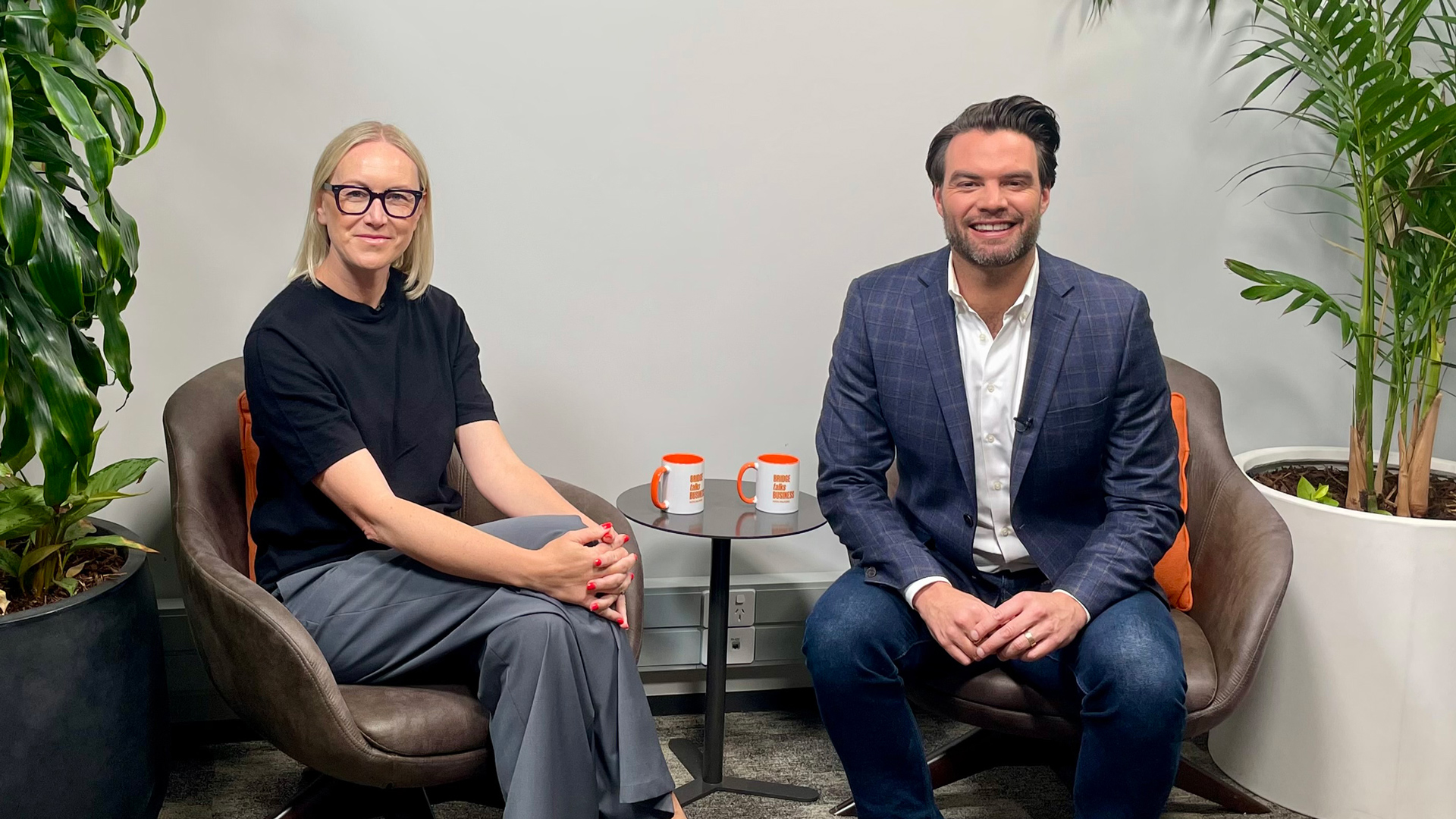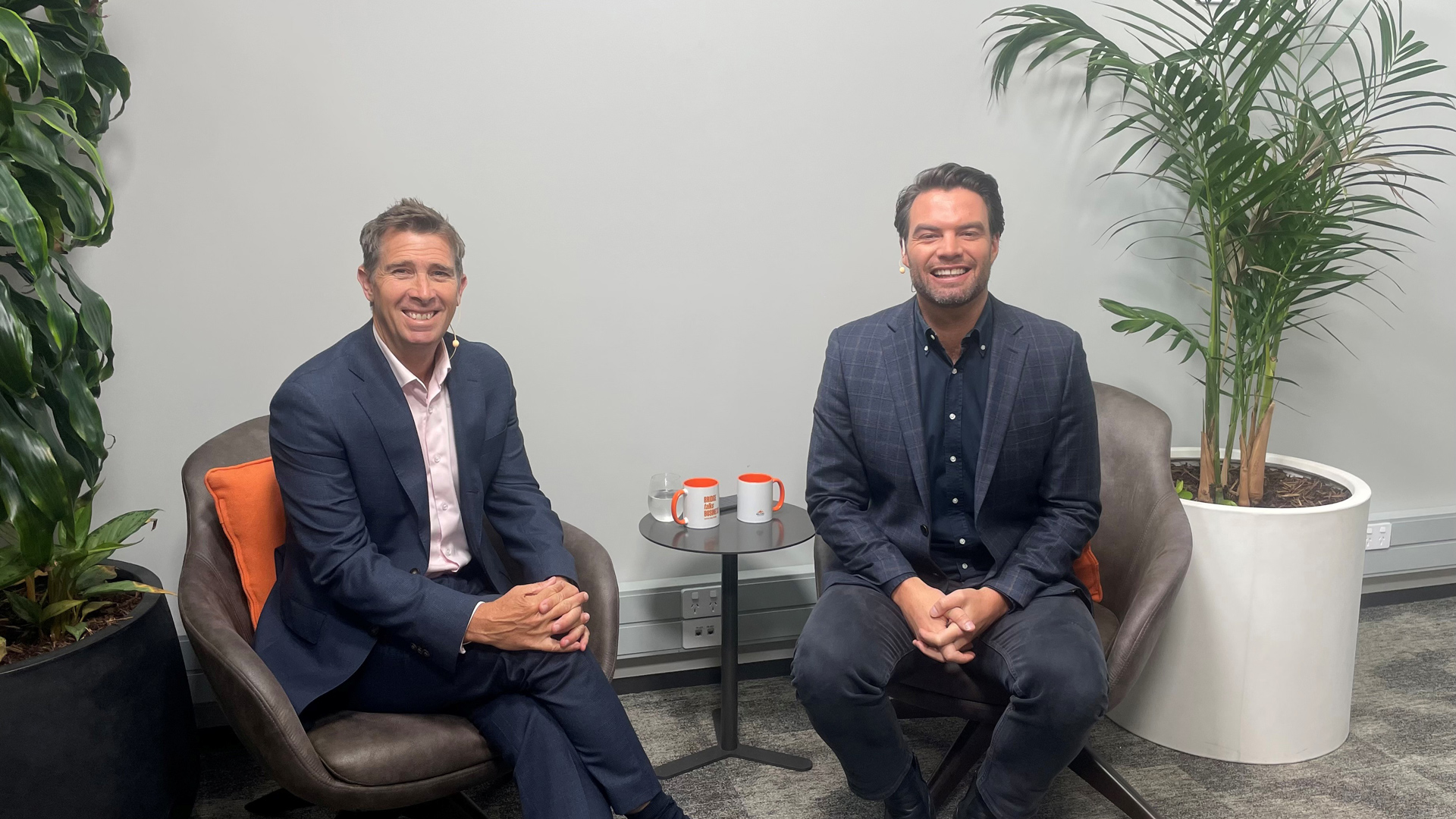If you are over 50, do you know how much you need, whether you have enough and how long it will last?
Every once in a while, it’s a good idea to take stock and make sure you are on track with your goals. This is especially true for your finances. As investors, whether you are accumulating for the long term, targeting a short-term goal, in that important 10-year period before retirement, or using the assets you’ve accumulated for your retirement, it’s best to have a clear idea of where you are heading and how you’ll get there. At Milford we have clients in each of these phases but often it’s those over 50 that have the pressing need to get their plans right as they face three big questions – How much do I need? Have I got enough? And, how long will it last?
It’s often this last question our clients are most concerned about – whether they may run out of money. Most tend to become more risk averse or at least their capacity to take risk reduces materially. More than you’d think are reluctant to spend their money and need a little reassurance that they have enough to spend on themselves. A large proportion are interested in the next generation and how they can help set them up, either during their lifetime or as a legacy. For some, philanthropy is important too.
No one can predict the future but by modelling what you need against what you have can go a long way to reduce anxiety and that’s invaluable. As to what to think about, here are some relevant points that might help you begin to plan the years ahead.
HOW MUCH DO I NEED?
How much you need depends on a range of things but can be broken down to identifying your cash flows then calculating your spending for the period you need to cover. Once this has been worked out, it’s a case of evaluating your assets and modelling how they can best fulfil your requirements. So far, so obvious. But this is where the variables come in.
HAVE I GOT ENOUGH? HOW LONG WILL IT LAST?
These questions are inextricably linked with the more relevant (and slightly gloomy) variable of how long will you last? Again, we’re investment experts not medical professionals but research indicates that the average life expectancy for a kiwi male turning 65 is 86 and female 881. This is a good starting point but as expectancy is an average it’s prudent to plan for a range.
WHAT ELSE SHOULD I CONSIDER?
Annoyingly, personal healthcare spending during your retirement also requires careful consideration. One study in the US found that costs for those aged over 65 can be 2.5 times higher than someone under 65 and often there is a healthcare spend increase in the final years of your life2. Like wrinkles where there never used to be any, this is something we all have to face but it’s a lot less scary if you’ve planned for it.
Because there’s no one-size-fits-all approach to retirement spending you may want to consider factors such as the impact of inflation, interest rate fluctuations, what assistance you could provide to your children (which will depend on if they remembered your last birthday), and when would be the right time to cash in your assets. There will always be variables, but we use our purpose-made tools to model options and projections depending on your particular circumstances.
WHERE DO I START?
A good adviser can help you identify those options particular to your circumstances before working with you on a carefully thought out, diversified, long term investment plan. At Milford, we’re experienced at putting our clients’ investment portfolios at the heart of their plans while providing ongoing support, regular reviews and recalculations. We also invest in the same funds as you, so you know we are with you every step of the way.
While no-one can cover every possible eventuality (global pandemic anyone?) what we can do is ensure that you have a structured and resilient portfolio and income strategy at the centre of your plans to put you in the strongest possible position to enjoy your hard-earned retirement.
At Milford, we don’t claim to have all the answers but if you’re unsure about your next steps, we’re available to discuss your questions, at no cost and at a time that suits you.
1. https://www.stats.govt.nz/tools/how-long-will-i-live/
2. https://www.cms.gov/data-research/statistics-trends-and-reports/national-health-expenditure-data/nhe-fact-sheet


